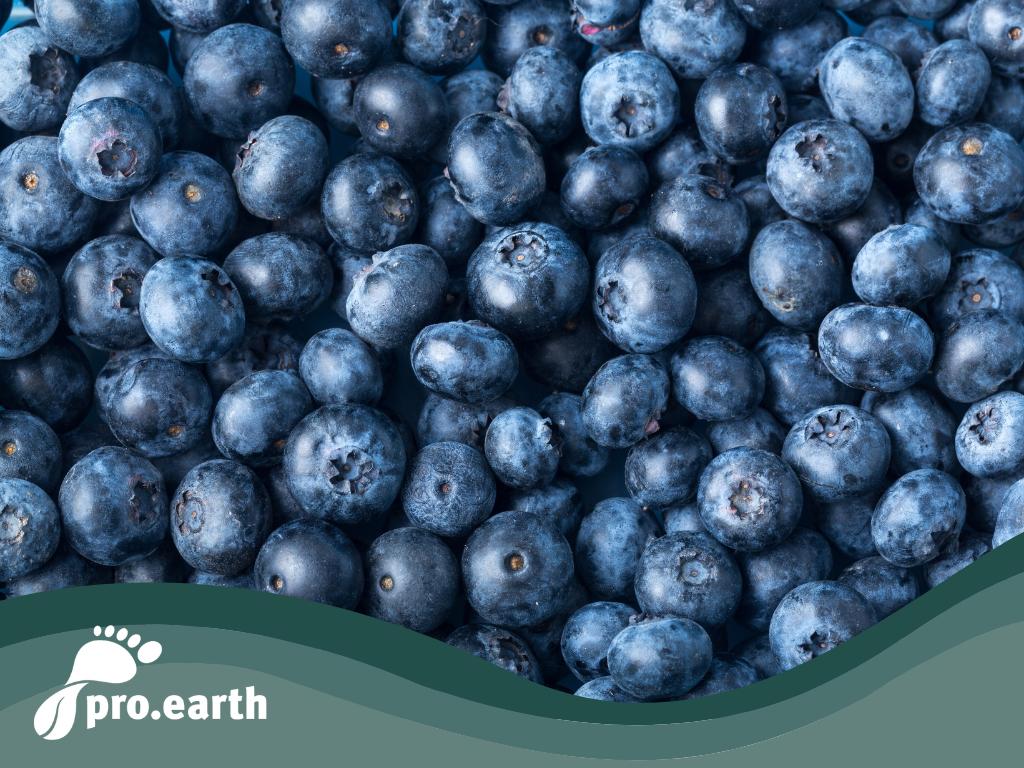Is the blueberry the new avocado?

Whether on social media, in health or cooking magazines, everything is full of the dark blue seasonal superfood. But when we look at the routes it has taken and the catastrophic interventions in nature that are supposed to help it thrive, we ask ourselves at what price we are ingesting this concentrated superpower.
The market behind the blueberry boom
In principle, blueberries are a native plant, but now that the annual volume sold has doubled between 2018 and 2021, it is no longer possible for local farmers to meet this demand and imports have to help out.
Most of these come from Peru.
Funk (a joint service of ARD and ZDF) has researched how cultivation takes place there and why it is so problematic in the new foreign format "Atlas" and presented it in a short documentary film.
We now know that blueberries grow in huge fields in the middle of a barren Peruvian desert landscape. Artificial irrigation is needed to make this possible in the dry desert.

According to "Atlas", the water comes from a river that was diverted solely to create fertile farmland. It originates from the Andes and was dammed and diverted there. Now, instead of flowing east towards the Atlantic, at least part of it flows west on the other side of the Andes.
"Gigantic interventions in nature" according to ARD correspondent Matthias Ebert.
The video also shows that small farmers east of the Andes are complaining of massive water shortages as a result of the river detour.
But people from the current growing region also have their say, as they benefit from the newly created jobs.
And the carbon footprint?
As you can imagine, the carbon footprint is anything but rosy. The transport route is over 10,000 kilometers long, and the emissions are correspondingly high, not to mention the water requirements.
It's not far-fetched that blueberries remind us of avocados. Both have been hyped as wonderful superfoods, but there is one difference:
Blueberries can also come from local cultivation
So if you look at the origin label, you can eat blueberries with a clear conscience.






